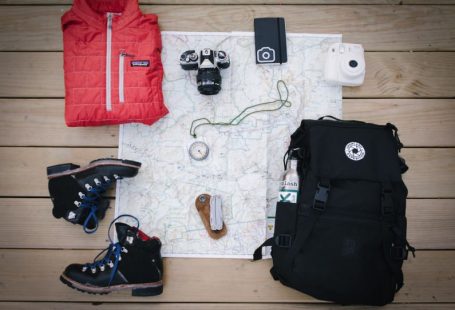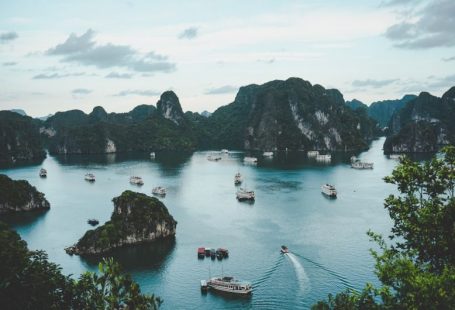Exploring different cultures through photography is a powerful way to capture the essence of a community, its traditions, and its people. However, it is essential to approach this practice with sensitivity, respect, and ethical considerations. In this article, we will delve into the ethics of photographing cultures and provide some valuable tips for creating meaningful and respectful images.
Understanding Cultural Sensitivity
When photographing cultures different from your own, it is crucial to approach the experience with cultural sensitivity. Respect the traditions, beliefs, and customs of the community you are documenting. Remember that you are a guest in their world, and it is important to seek permission before taking photographs, especially of individuals.
Respect for Privacy and Consent
Obtaining consent before photographing individuals is essential. Always ask for permission before taking someone’s picture, and be prepared for the possibility of rejection. Respect the individual’s right to privacy and their decision to not be photographed. If someone declines, accept their decision graciously and move on without taking the picture.
Avoid Exploitation
Be mindful of how you portray the people and culture you are photographing. Avoid perpetuating stereotypes or misrepresenting the community for the sake of a striking image. Your goal should be to capture the authenticity and beauty of the culture without exploiting its members or traditions.
Research and Education
Before embarking on a photography project focused on a specific culture, take the time to research and educate yourself about the community. Learn about their history, customs, and social norms to better understand the context in which you will be taking photographs. This knowledge will not only inform your work but also show your respect for the culture you are documenting.
Building Relationships
Building relationships with the people you are photographing is key to creating meaningful and impactful images. Take the time to engage with the community members, learn about their lives, and share your own experiences. Establishing a connection based on trust and mutual respect will result in more genuine and compelling photographs.
Capture the Everyday Moments
While it may be tempting to focus on capturing the most exotic or visually striking aspects of a culture, do not overlook the beauty in everyday moments. Document the daily routines, interactions, and small details that make up the fabric of community life. These images can be just as powerful in conveying the essence of a culture as more grandiose scenes.
Respect Local Customs
Be mindful of local customs and traditions when photographing a different culture. Dress modestly, observe and follow any cultural practices related to photography, and always ask for guidance if you are unsure about what is appropriate. Showing respect for the customs of the community will not only help you integrate better but also result in more authentic photographs.
Embrace Empathy and Openness
Approach the process of photographing cultures with empathy, openness, and a willingness to learn. Be receptive to new experiences, perspectives, and ways of life. Allow yourself to be transformed by the encounters you have and the stories you capture through your lens.
Ethics vs. Aesthetics: Finding the Balance
Balancing ethical considerations with the desire to create aesthetically pleasing photographs can sometimes be challenging. However, it is possible to find a middle ground where both aspects are honored. Remember that the most powerful images are those that not only look beautiful but also carry a deeper meaning and respect for the subject.
In conclusion, photographing cultures is a rewarding and enriching experience that allows us to connect with people from diverse backgrounds and share their stories with the world. By approaching this practice with sensitivity, respect, and ethical awareness, we can create images that celebrate the beauty and diversity of our global community. Through our photographs, we have the power to bridge cultures, foster understanding, and promote empathy – a truly powerful tool in today’s interconnected world.





